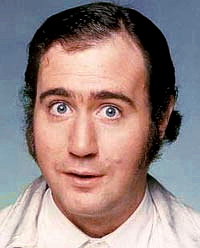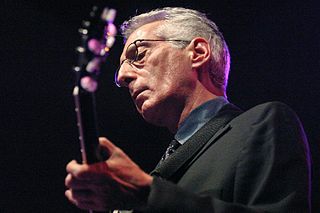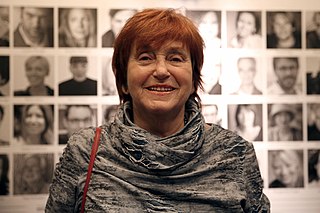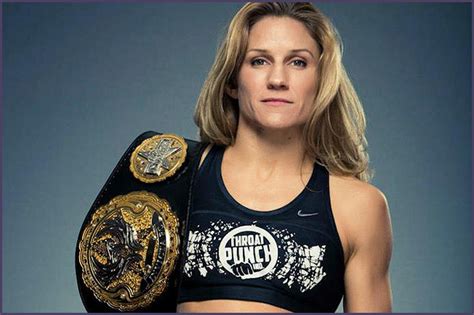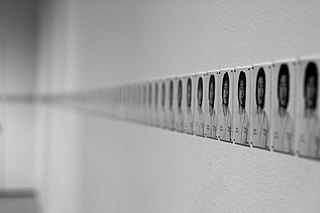A Quote by Andy Kaufman
What's real? What's not? That's what I do in my act, test how other people deal with reality.
Related Quotes
As an improviser you need to experience the moment- and that includes everything in the moment. Observe the people around you-the bandleader, the bartender-what they wear, how they deal with people, the simple continuity of their presence. As you do that you'll see how you affect them , and you'll play and act accordingly. You need to study the reality of the moment, and that is very rarely about studying modes and intervals.
I was trying to develop a completely new, nonvoyeuristic approach to the female body as something other than a visual object. I wanted to find out what happened when you leave behind the voyeuristic mode and confront people with reality. But that's what was so interesting for me to discover: People don't want to see reality. It's a pretty simple idea, really, this question of how we deal with reality. When something is constructed, when it's projected onto a screen, it's acceptable, but it's different when it's there in front of you in a public space.
There are many people who know nothing of a world in which we take the reality of the 'other' seriously. I'm running on that platform: other people in other countries are really, really real, and there has to be a way of presenting their reality that is not condescending to them or about our psycho-social needs.
We're an empire now, and when we act, we create our own reality. And while you're studying that reality - judiciously, as you will - we'll act again, creating other new realities, which you can study too, and that's how things will sort out. We're history's actors... and you, all of you, will be left to just study what we do.
Most people look at a feature film and say, "It's just a movie." For me there is no border or wall between fiction and documentary filmmaking. In documentaries, you have to deal with real people and their real feelings - you are working with real laughter, happiness, sadness. To try to reflect the reality is not the same as reality itself. That's why I think that making a good documentary is much harder than making a good feature film.
Developing Christlike attributes in our lives is not an easy task, especially when we move away from generalities and abstractions and begin to deal with real life. The test comes in practicing what we proclaim. The reality check comes when Christlike attributes need to become visible in our lives—as husband or wife, as father or mother, as son or daughter, in our friendships, in our employment, in our business, and in our recreation. We can recognize our growth, as can those around us, as we gradually increase our capacity to 'act in all holiness before [Him]' (D&C 43:9).
I perform in art time and in real time, and you can't tell the difference - no one knows how to separate a real act from an art act in my work. When I lived on the street for a year, people only knew that I was homeless. They didn't know that I was an artist doing a piece. I have to use real time in my work. I do, however, have to find a subtle way of documenting real time, in order for people to have a response. That means punching into a work clock every hour in the case of one piece.
Lawyers, before any other group, must continue to point out how the system is really working-how it actually affects real people. They must constantly demonstrate to courts and legislatures alike the tragic results of legal nonintervention. They must highlight how legal doctrines no longer bear any relation to reality, whether in landlord and tenant law, holder in due course law, or any other law. In sum, lawyers must bring real morality into the legal consciousness
However much we obfuscate or ignore it, we know that the factory farm is inhumane in the deepest sense of the word. And we know that there is something that matters in a deep way about the lives we create for the living beings most within our power. Our response to the factory farm is ultimately a test of how we respond to the powerless, to the most distant, to the voiceless--it is a test of how we act when no one is forcing us to act one way or another.
